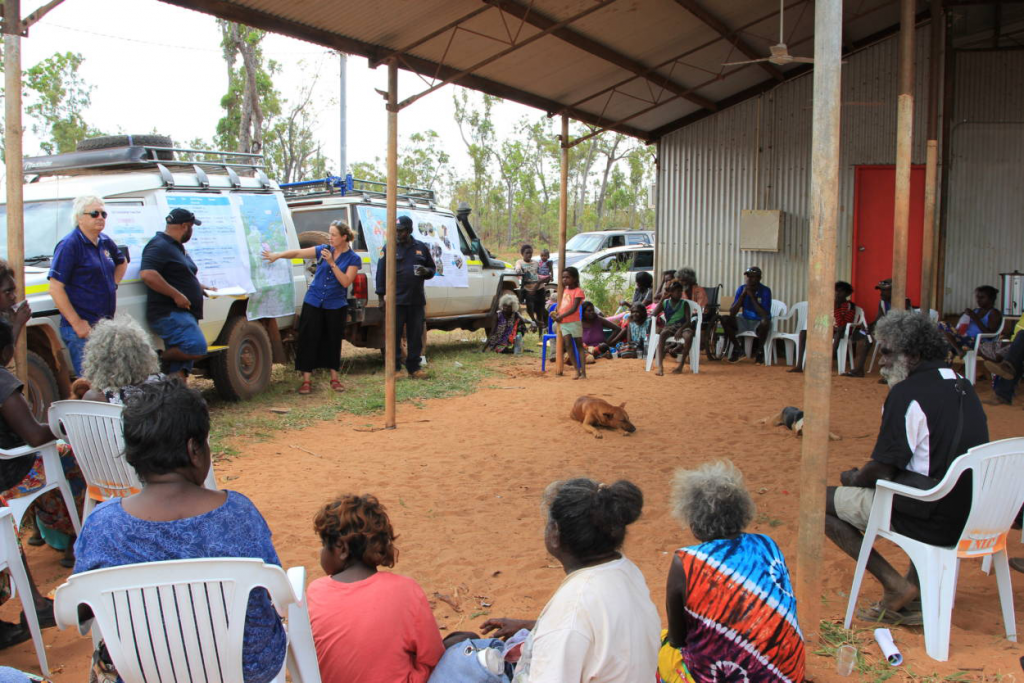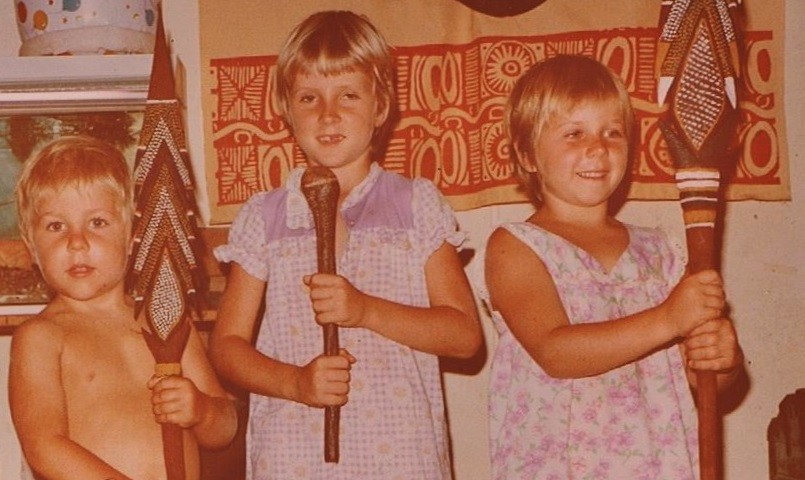
Indigenous Culture
The long-lasting benefits of community engagement
Community engagement is when citizens within a community are invited into the decision-making process and play an active role in the discussions and deliberations regarding…

Community engagement is when citizens within a community are invited into the decision-making process and play an active role in the discussions and deliberations regarding…

I am constantly drawn back to my childhood in the late 70’s, early 80’s spending my younger years growing up on Wurrumiyanga (Formally known as…
